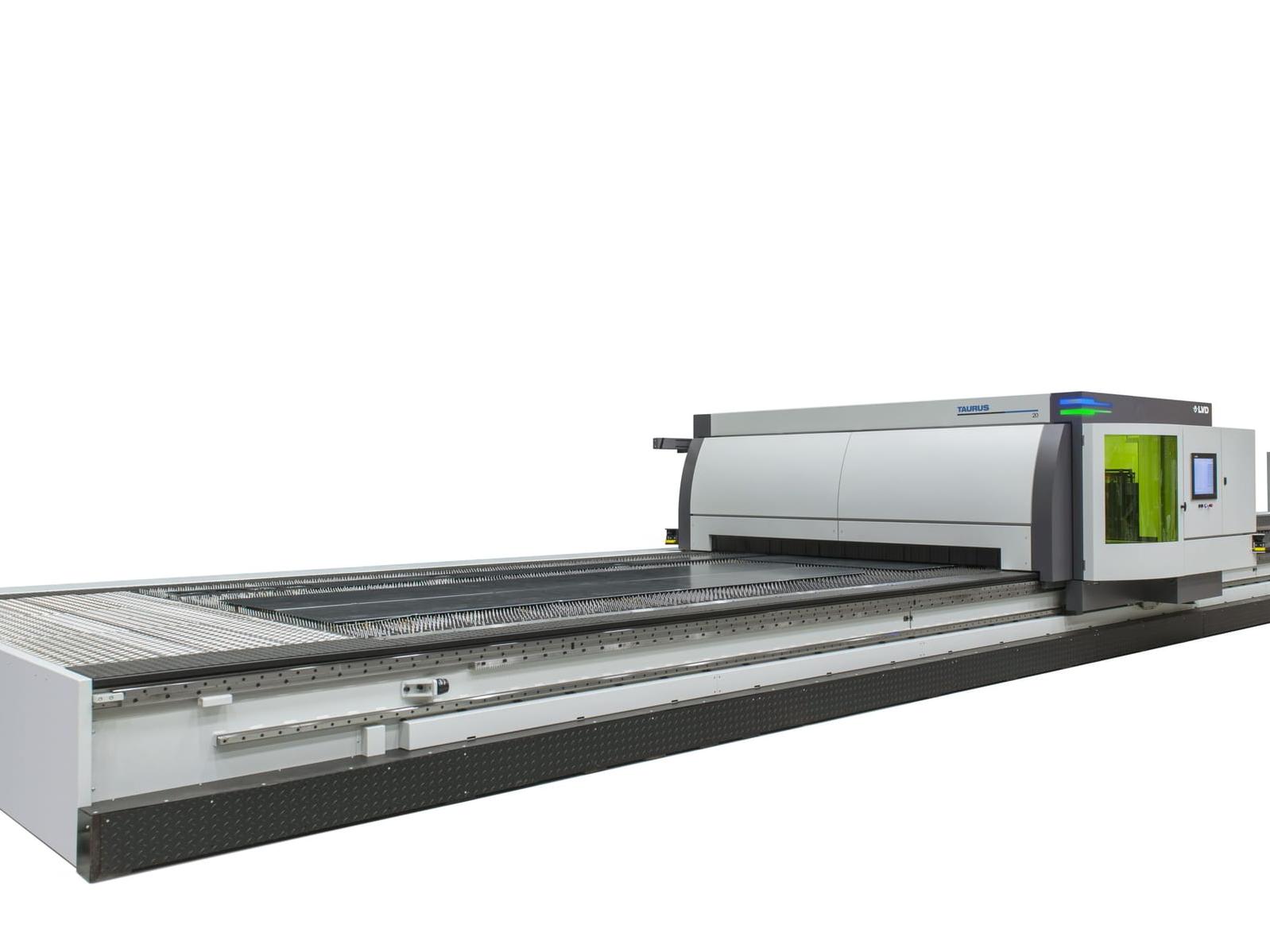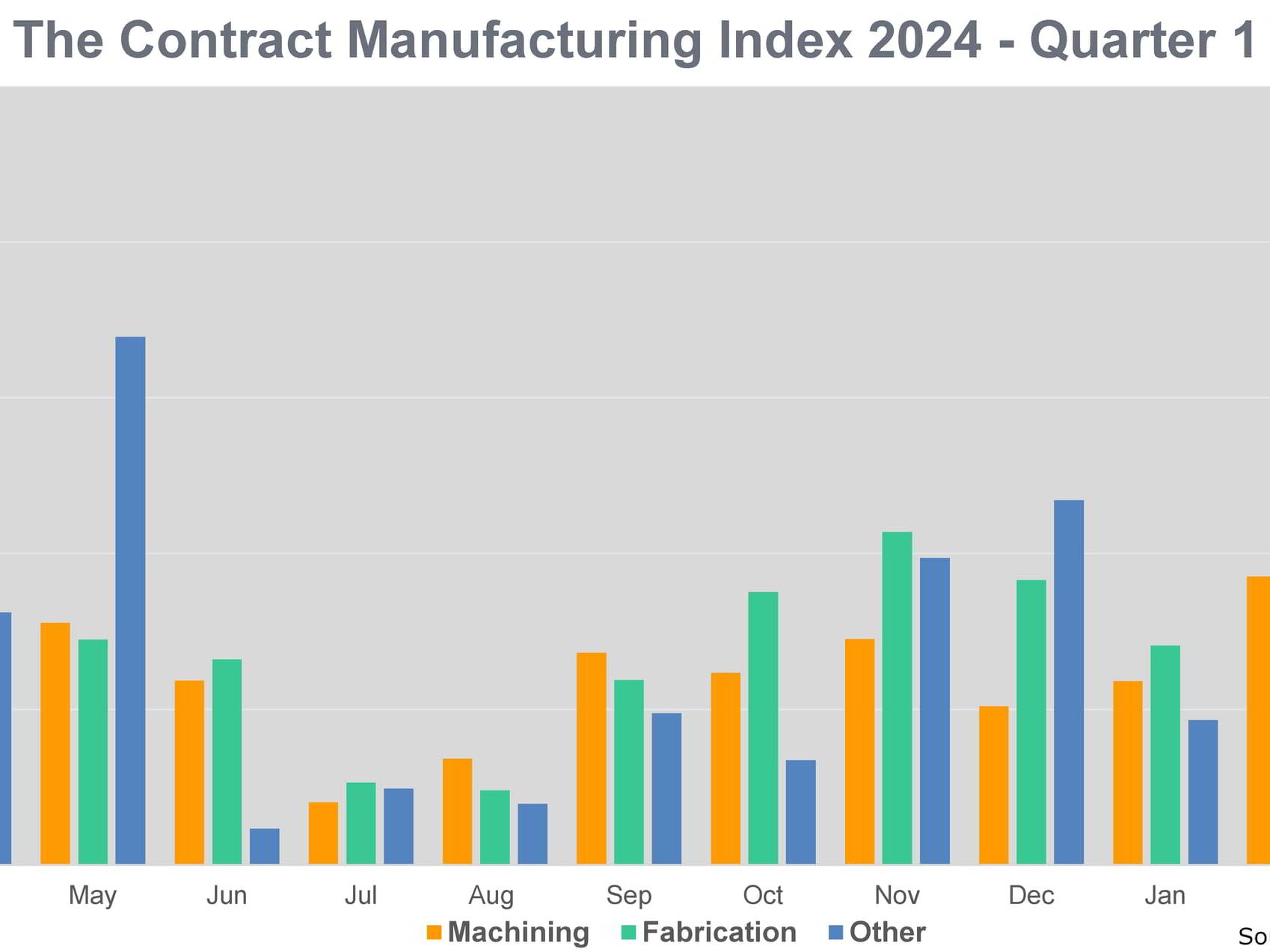Editor’s comment for October 2018

I am concerned about Brexit. And, I have no qualms in revealing my position on what is the most important issue this country will face in generations.
I voted for the UK to stay in the European Union not because it’s perfect, but because I’d much prefer we had a seat at the table rather than being powerless to affect (or effect) its future. Brexit is multi-faceted of course and different issues affected the way people voted, but from a business perspective I figured that whatever deal we ended up with (or not), it would be worse than the one we’ve already got. Just my opinion.
Plus, I’ve been involved with manufacturing since I was 16 years old. I care as we all do about its future and yes, I will always be bitter towards respective past governments allowing it to decompose to where it is today in favour of a more service-based economy. But that’s another story.
On 23rd June 2016 the country voted marginally to leave the European Union. I accepted that despite totally disagreeing with the decision. My major concern then as it is now was how this would be perceived by overseas manufacturers looking to invest in the UK.
Anytime anyone says anything remotely negative about the effects of Brexit it’s labelled as scaremongering but recently, we’ve seen JLR boss Ralf Speth state that a bad Brexit deal could put tens of thousands of jobs at risk and cost his company £1.2 billion a year. He means it – he then put 1,000 workers at his Castle Bromwich factory on a three-day week until Christmas.
Admittedly a proportion of his trepidation is down to the slump in sales of diesel cars – governments won’t acknowledge the merits of new ‘clean diesel’ – but with his Brexit hat on he’s worried, and rightly so, about continuity of supply. You can’t build cars if the bits are bogged down by border paralysis, red tape and legislation.
At the recent AMB show in Stuttgart, I was shocked by the comments from overseas manufacturers who are genuinely concerned about the marketplace post-Brexit. One German journalist even asked a question about Brexit at a press conference hosted by a German manufacturer and how it may affect their future investment plans in the UK. Another European machine tool manufacturer, who enjoys healthy levels of export business to the UK, is concerned how the landscape will look after March next year.
Whatever side of the fence you’re on, it’s clear that uncertainty is probably doing more damage than anything else at the moment. As time goes on, a ‘no deal’ WTO rules scenario is looming ever more ominously on the horizon. I really don’t relish that prospect at all personally but it’s surely better than the no man’s land we find ourselves in now? I’m still keeping everything crossed that a mutually agreeable and beneficial trade deal can be reached.
Dave Tudor
Editorial Director












